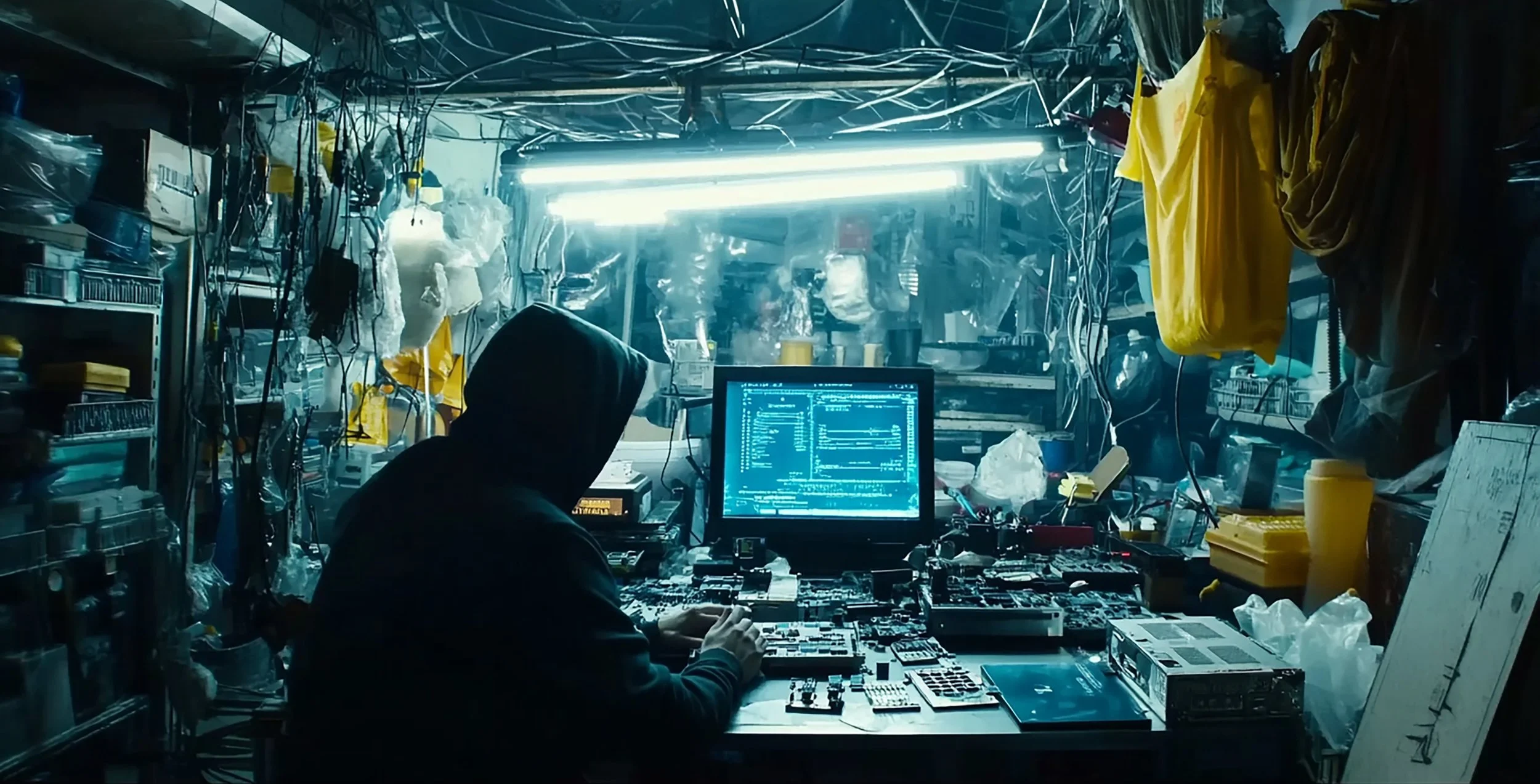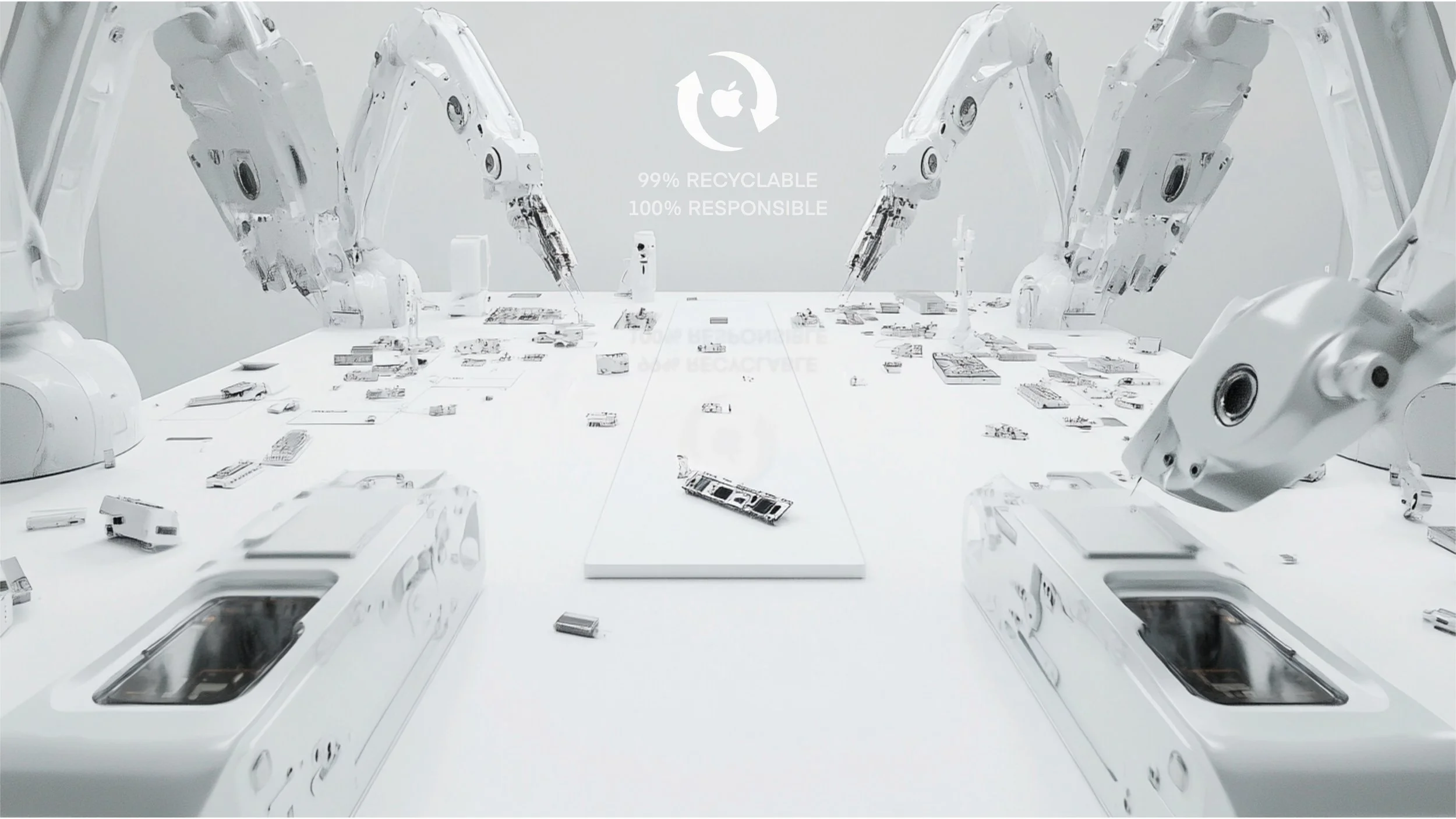
UNREGISTERED
by Qiandiandian Jiang
This research explores the future environmental, labour, social, and spatial implications of e-waste, focusing on recycling incentives, environmental justice, digital surveillance, and the lifecycle of consumer electronics.
Film Logline: In a future where electronic products are tracked through a mandatory e-passport system, a defiant woman turns to the black market to escape corporate surveillance—only to discover that the system meant to protect the planet is a tool for control, corruption, and exploitation.
02. Engineered Ecologies: Investigating human-made environments and their implications on future societies.
Project Description:
This project centers on environmental justice, digital surveillance, and the lifecycle of consumer electronics, and seeks to uncover the ways in which policy, space, and digital infrastructure work together to shape ecosystems, human freedom of movement, and perceptual experience. From the perspective of Sara, a fictional character in the future, Unregistered tells the story of her struggle and resistance in a society controlled by the “e-passport” system, criticizing “greenwashing,” the opacity of supply chains, and the false illusion of technological progress. In the spatial dimension, the project challenges the idea of “e-passport”.
On the spatial level, the project questions how the “Eco-Industrial Park” was transformed from an informal dismantling area, and explores whether labor oppression and environmental costs are still hidden behind the environmental veneer of the building. At the same time, the project envisions a new type of urban space represented by black markets and surveillance zones - either hidden under the surface of smart cities or “legitimized” by policy governance.
The work combines live-action images, AI-generated scenes, and 3D modeling to construct a projective space that maps reality and reveals underlying structures by means of design. The film is both a narrative medium and a critical tool, inspiring us to rethink: how is policy spatialized? How does control invade the body and the environment? And can future design, in turn, unravel questions that have been systematically obscured?
Ultimately, this study is an autopsy of a system - a complex web of intertwined economics, ecology and space - reflecting on the human condition of living, consuming and being monitored in the name of sustainability.
SHORT FILM - Hohem X30, CapCut, MidJourney, Kling, ElevenLabs, SketchUp





